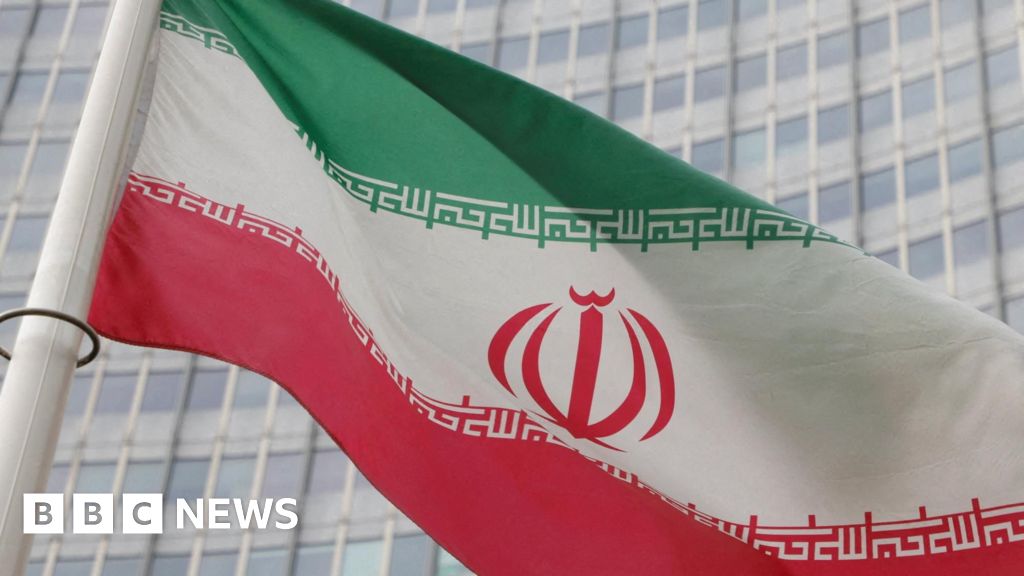ARTICLE AD BOX
Howard Lutnick, President Trump’s choice to be the next secretary of commerce, accused China’s DeepSeek of stealing U.S. technology to make the sophisticated artificial intelligence app that shook investors and erased many billions of dollars in market capitalization for American rivals.
The firm behind DeepSeek unveiled the new model this month that it claims is on par with OpenAI for reportedly a small fraction of the cost of American firms, which prompted panicked investors to sell Nvidia and other leading U.S. tech stocks earlier this week.
Mr. Lutnick told a Senate Commerce Committee confirmation hearing Wednesday that DeepSeek’s conduct was “outrageous” and that Chinese intellectual property theft should be expected when American export controls on technology are not backed by tariffs.
“They’ve disrespected us, they’ve figured out their ways around it, I do not believe that DeepSeek was done all above board, that’s nonsense. OK?” Mr. Lutnick told lawmakers. “They stole things, they broke in, they’ve taken our [intellectual property]. It’s got to end, and I’m going to be rigorous in our pursuit of restrictions and enforcing those restrictions to keep us in the lead because we must stay in the lead.”
DeepSeek has soared in popularity, climbing to the top of Apple’s App Store, and provoking questions about its sudden emergence as a competitor with top AI companies’ generative AI products. Users of DeepSeek’s platform have reported the firm’s chatbot has answered queries about its origin by explaining that it uses OpenAI’s infrastructure and that its identity is ChatGPT.
OpenAI, and its financial benefactor Microsoft, are probing whether the Chinese firm stole OpenAI’s information and incorporated it into DeepSeek’s work, according to Bloomberg.
The Commerce Department’s Bureau of Industry and Security plays an important role in overseeing technology transfers, with special attention to national security concerns. Mr.Lutnick’s testimony on Wednesday indicated the new Trump administration is furious about China’s purported AI advancements and ready to take action. Mr. Trump himself called the news reports of DeepSeek’s purported breakthrough a “wake-up call” for American companies to preserve the country’s dominance in the booming field.
Policymakers in Washington are also eager to understand if China deliberately took steps to leverage DeepSeek’s development to sabotage the American stock market.
“Do you think there’s perhaps a financial play, from China, because of the loss in market cap?” said Sen. Ted Budd to Mr. Lutnick. “Was it perhaps even a short sale play on our markets?”
Mr. Lutnick said he did not know, but agreed with the North Carolina Republican that it was worth investigating.
Mr. Trump is busy assembling a team to formulate and execute his own artificial intelligence policy. Thus far, Mr. Trump has rescinded former President Biden’s 2024 AI executive order and named tech entrepreneur and billionaire David Sacks as one of his AI “czars.”
Mr. Trump said last month that Mr. Sacks will also help lead the President’s Council of Advisors on Science and Technology (PCAST), which intends to unite advisers from academia and industry with the White House’s team. PCAST will help advise the president on AI issues and developments alongside the White House Office of Science and Technology Policy.
Mr. Trump said in December that Lynne Parker, previously with the University of Tennessee, would serve as the executive director of PCAST and as a counselor to the OSTP. Mr. Trump has nominated Michael Kratsios, chief technology officer of the U.S. during his first term in office, to head the science and technology office
Mr. Trump’s national security team may take other steps to challenge China’s advances in the AI arena.
Newly confirmed CIA Director John Ratcliffe has publicly championed taking new steps to disrupt adversaries’ technology supply chains, and some policymakers in Washington are pressing for new offensive cyber operations. Empowering cybersecurity companies to “strike back” at enemy hackers emerged as a topic of discussion in the House Homeland Security Committee last week.

 4 months ago
112
4 months ago
112








 English (US) ·
English (US) ·